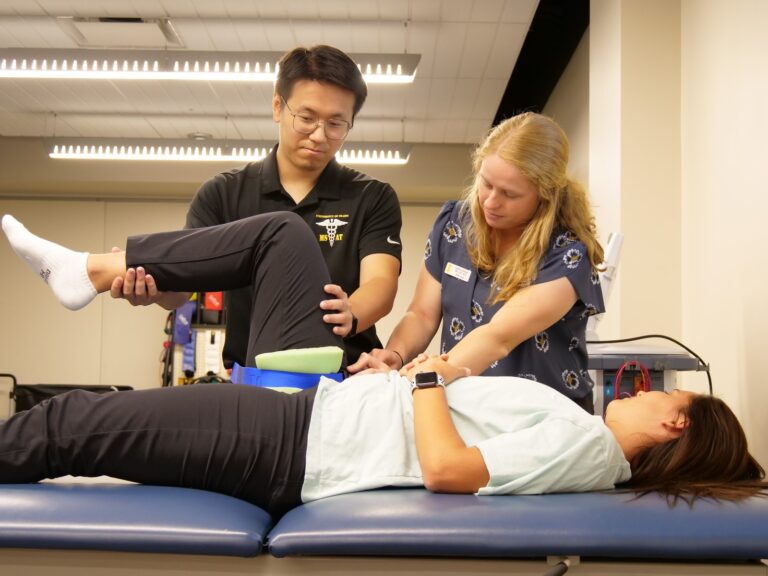Introduction
Sports play a crucial role in physical fitness, mental health, and overall well-being. Whether you’re a professional athlete or a fitness enthusiast, optimizing performance requires the right training, nutrition, and recovery strategies.
In this comprehensive guide, we’ll explore science-backed tips to enhance athletic performance, prevent injuries, and achieve peak fitness levels.
1. The Science of Sports Performance
What Determines Athletic Success?
Sports performance depends on multiple factors, including:
- Strength & Power – Essential for explosive movements.
- Endurance – Improves stamina in long-duration sports.
- Flexibility & Mobility – Reduces injury risk and enhances movement efficiency.
- Mental Toughness – Focus and resilience under pressure.
How Different Sports Require Different Training
- Strength Sports (Weightlifting, Sprinting) – Focus on power and muscle growth.
- Endurance Sports (Marathon, Cycling) – Prioritize cardiovascular conditioning.
- Team Sports (Soccer, Basketball) – Combine agility, speed, and coordination.
2. Effective Training Strategies for Athletes
Strength Training for Power and Speed
- Compound Lifts (Squats, Deadlifts, Bench Press) – Builds foundational strength.
- Plyometrics (Box Jumps, Burpees) – Enhances explosive power.
- Resistance Bands & Bodyweight Exercises – Improves functional strength.
Endurance Training Techniques
- HIIT (High-Intensity Interval Training) – Boosts cardiovascular fitness quickly.
- Long Slow Distance (LSD) Training – Builds aerobic capacity.
- Fartlek Training – Mixes steady and high-intensity running.
Sport-Specific Skill Development
- Agility Drills – Ladder drills, cone drills.
- Coordination Exercises – Balance boards, reaction ball training.
3. Optimal Nutrition for Peak Performance
Pre-Workout Nutrition
- Carbohydrates (Oats, Bananas, Sweet Potatoes) – Provide quick energy.
- Protein (Greek Yogurt, Eggs, Lean Meat) – Supports muscle repair.
- Hydration (Water, Electrolytes) – Prevents dehydration and cramps.
Post-Workout Recovery Foods
- Protein Shakes – Speeds up muscle recovery.
- Complex Carbs (Quinoa, Brown Rice) – Replenishes glycogen stores.
- Anti-Inflammatory Foods (Turmeric, Berries, Fatty Fish) – Reduces muscle soreness.
Supplements for Athletes
- Creatine – Enhances strength and power.
- BCAAs (Branched-Chain Amino Acids) – Reduces muscle breakdown.
- Omega-3s – Supports joint health.
4. The Importance of Recovery & Injury Prevention
Why Recovery is Critical
Overtraining leads to fatigue, injuries, and performance plateaus. Proper recovery includes:
- Sleep (7-9 Hours/Night) – Essential for muscle repair.
- Active Recovery (Yoga, Swimming, Walking) – Promotes blood flow.
- Foam Rolling & Stretching – Reduces muscle tightness.
Common Sports Injuries & Prevention
- Sprains & Strains – Warm-up properly and strengthen stabilizing muscles.
- Tendonitis – Avoid overuse and incorporate rest days.
- Shin Splints – Wear proper footwear and strengthen calves.
Best Recovery Tools
- Massage Guns – Relieves muscle tension.
- Compression Gear – Improves circulation.
- Ice Baths & Cryotherapy – Reduces inflammation.
5. Mental Training for Athletes
The Role of Psychology in Sports
- Visualization Techniques – Improves focus and confidence.
- Breathing Exercises – Reduces pre-game anxiety.
- Goal Setting (SMART Goals) – Keeps motivation high.
Overcoming Performance Anxiety
- Routine Development – Creates consistency.
- Positive Self-Talk – Boosts mental resilience.
6. The Future of Sports Technology
Wearable Fitness Trackers
- Heart Rate Monitors – Optimizes training intensity.
- GPS Watches – Tracks speed and distance.
AI & Sports Analytics
- Performance Tracking Software – Analyzes movement efficiency.
- Injury Prediction Algorithms – Helps prevent overtraining.
Conclusion
Improving sports performance requires a balanced approach—combining smart training, proper nutrition, effective recovery, and mental conditioning. By following these strategies, athletes at any level can maximize their potential and stay injury-free.



